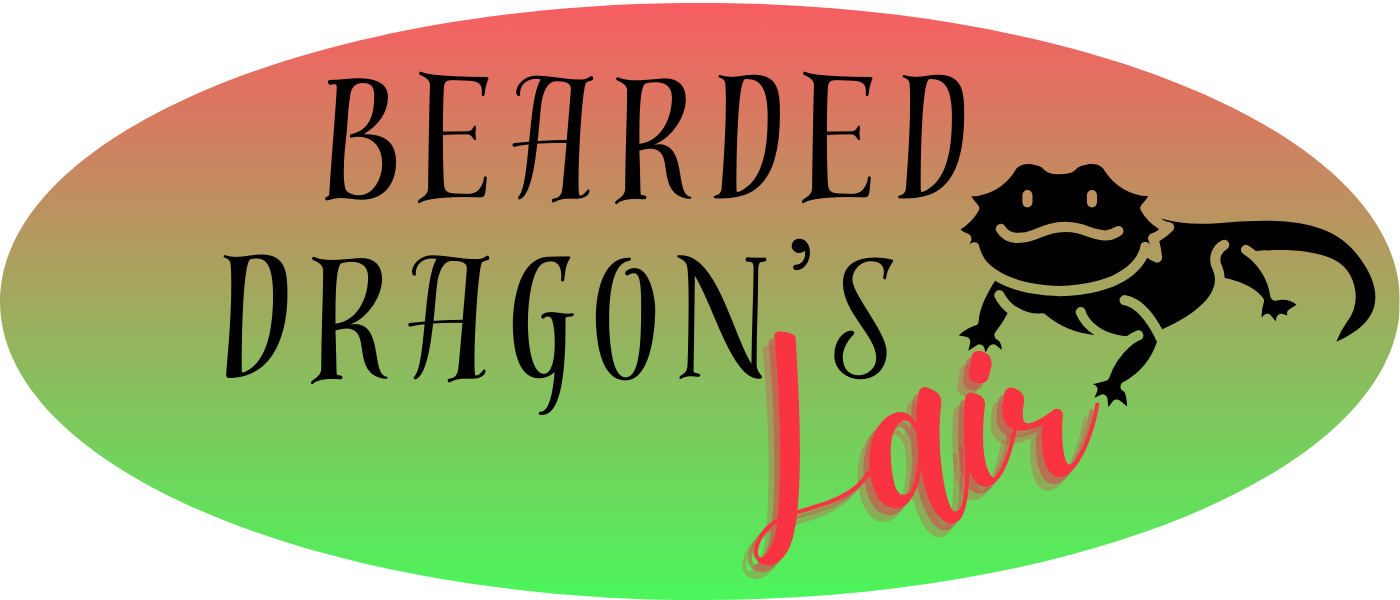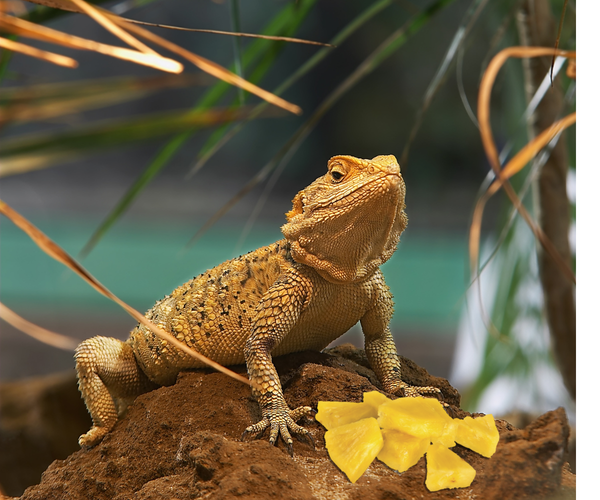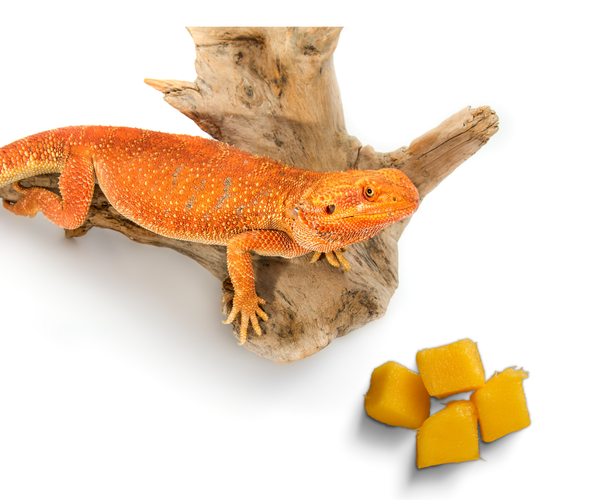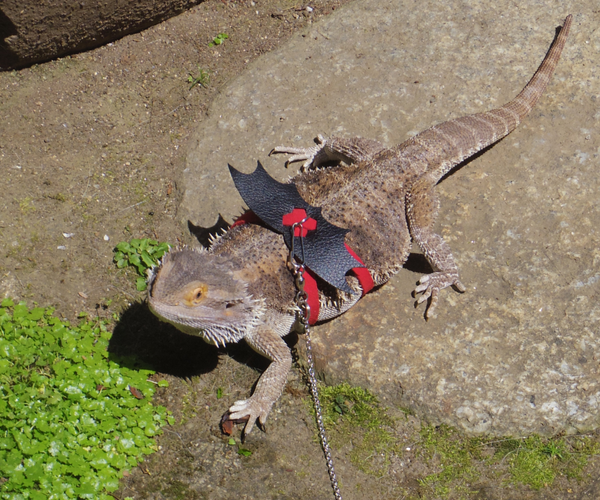Do Bearded Dragons Hibernate?
This period of dormancy is a natural process that helps them conserve energy when environmental conditions are not ideal for their regular activities.
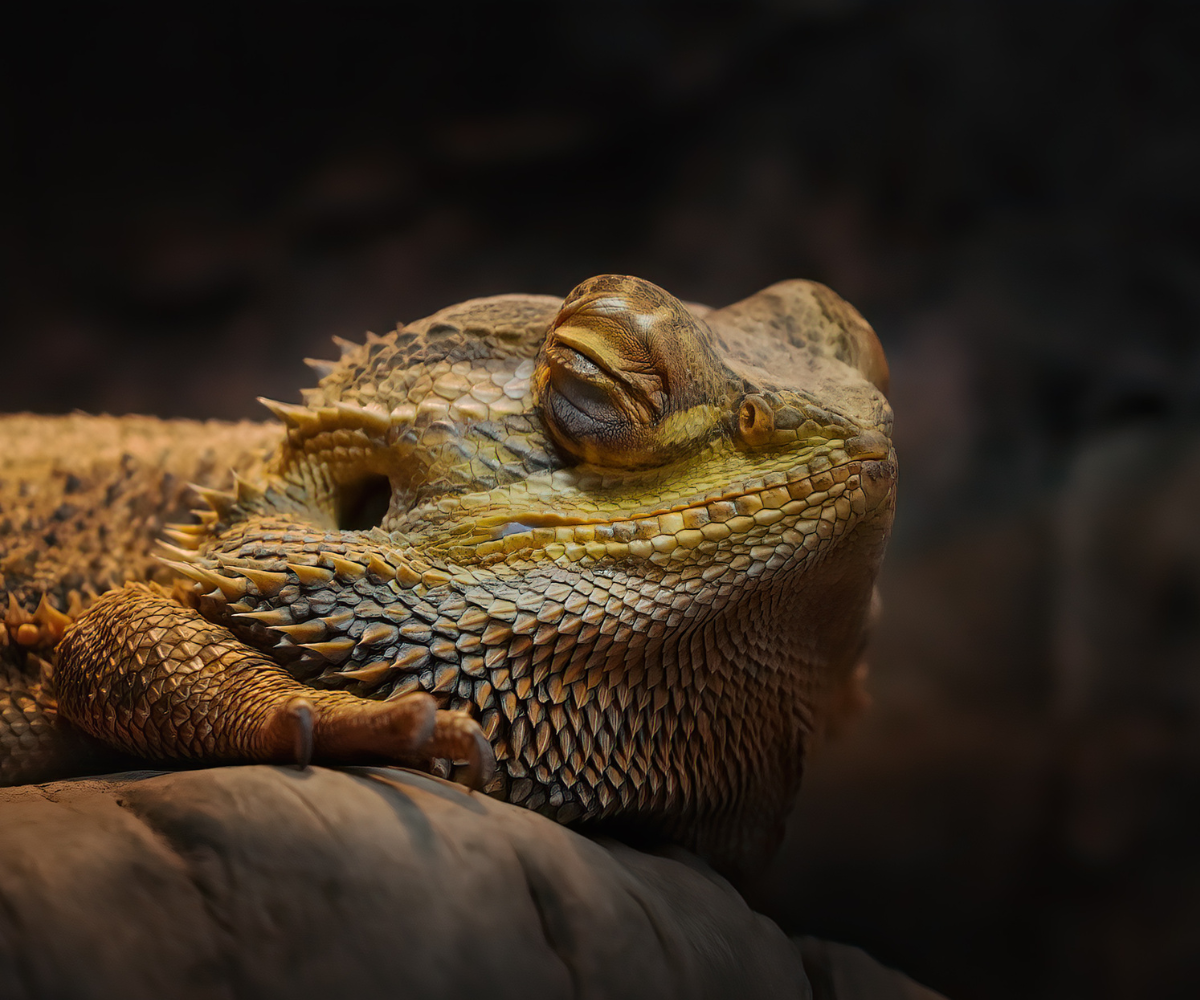
Bearded dragons are fascinating creatures that have captured the hearts of reptile enthusiasts around the world. Their unique behaviors and characteristics make them interesting pets, but also raise many questions about their natural habits. One such question is whether bearded dragons hibernate. This comprehensive article will uncover the truth about their hibernation-like behavior.
Key Takeaways:
- Bearded dragons exhibit a hibernation-like state known as brumation.
- Understanding brumation is crucial for proper bearded dragon care during the cooler months.
- Environmental factors and health conditions can influence a bearded dragon's brumation cycle.
What is Brumation?
Brumation is a term that often comes up when discussing the behavior of bearded dragons during the cooler months. It is a hibernation-like state that cold-blooded animals, such as reptiles, enter in response to lower temperatures and decreased daylight hours. During brumation, bearded dragons will show a significant decrease in activity, appetite, and metabolic rate. This period of dormancy is a natural process that helps them conserve energy when environmental conditions are not ideal for their regular activities.
Signs of Brumation in Bearded Dragons
Bearded dragon owners might notice several changes in their pet as it enters brumation. These can include a lack of interest in food, less frequent bowel movements, and a desire to hide or burrow more often. Some bearded dragons may sleep for extended periods, only waking occasionally to drink water. It's important to recognize these signs and understand that they are part of a natural cycle, not necessarily indicators of illness.
Preparing for Brumation
As the seasons change and temperatures drop, bearded dragon owners should prepare for the possibility of brumation. This involves gradually adjusting the temperature in the enclosure to mimic the natural cooling that occurs in the wild. It's also essential to ensure that the bearded dragon is healthy before it enters brumation, as sick animals may not have the reserves necessary to withstand a period of decreased food intake.
Health Check Before Brumation
A veterinary health check is recommended before your bearded dragon begins brumation. The vet can assess whether your pet is at a healthy weight and free from parasites, which is crucial for a safe brumation period. Additionally, a fecal exam can help detect any digestive issues that need to be addressed before the dragon's metabolism slows down.
Creating the Right Environment
To support your bearded dragon during brumation, it's important to create an environment that mimics their natural habitat's seasonal changes. This includes adjusting the lighting schedule to reduce the number of daylight hours and gradually lowering the temperature within the enclosure. Providing a comfortable and secure hiding place is also essential, as bearded dragons will often seek out secluded spots during this time.
Feeding During Brumation
As bearded dragons enter brumation, their appetite will decrease. It's important to respect this natural change and avoid overfeeding, which can lead to health issues. Offer food less frequently, and be prepared for your bearded dragon to refuse meals as it settles into brumation. Always ensure fresh water is available, as hydration remains important even when food intake is minimal.
Monitoring Your Bearded Dragon
Throughout the brumation period, regular monitoring is crucial. Keep an eye on your bearded dragon's weight and hydration levels to ensure it remains healthy. While it's normal for bearded dragons to lose some weight during brumation, significant weight loss can be a sign of a problem that requires veterinary attention.
Waking from Brumation
As the weather warms up and daylight hours increase, bearded dragons will naturally begin to wake from brumation. This process should be gradual, with a slow increase in temperature and light exposure to simulate the arrival of spring. Owners should also reintroduce food slowly, starting with smaller, more easily digestible meals to allow the bearded dragon's digestive system to adjust.
Post-Brumation Care
After a bearded dragon has fully woken from brumation, it's important to continue monitoring its health. Some dragons may take longer to regain their appetite and normal activity levels. A post-brumation veterinary check can help ensure that your bearded dragon has come out of brumation in good health and is ready to resume its regular routine.
Common Misconceptions About Brumation
There are several misconceptions about brumation that can lead to improper care of bearded dragons during this time. One common myth is that all bearded dragons brumate at the same time or in the same way. In reality, brumation can vary greatly between individuals, with some dragons skipping it altogether. Understanding that brumation is not a one-size-fits-all process is key to providing the best care for your pet.
Summary
Brumation is a natural, hibernation-like state that bearded dragons may enter during cooler months. Recognizing the signs of brumation and providing the appropriate care is essential for the well-being of these reptiles. By ensuring a healthy pre-brumation check-up, creating the right environment, and monitoring your bearded dragon throughout the process, you can help your pet navigate this period safely. As the seasons change, be prepared to assist your bearded dragon in waking from brumation and returning to its regular activities.
FAQ Section
Q: How long does brumation last in bearded dragons? A: Brumation can last anywhere from a few weeks to several months, depending on the individual bearded dragon and environmental factors. It's important to observe your pet and allow it to brumate for as long as it needs.
Q: Can I handle my bearded dragon during brumation? A: It's best to minimize handling during brumation to allow your bearded dragon to rest undisturbed. However, regular health checks are important, so gentle handling may be necessary.
Q: Should I turn off the heat in my bearded dragon's enclosure during brumation? A: No, you should not turn off the heat completely. Instead, gradually lower the temperature to mimic natural conditions but maintain a minimum temperature to ensure your bearded dragon's health and safety.
